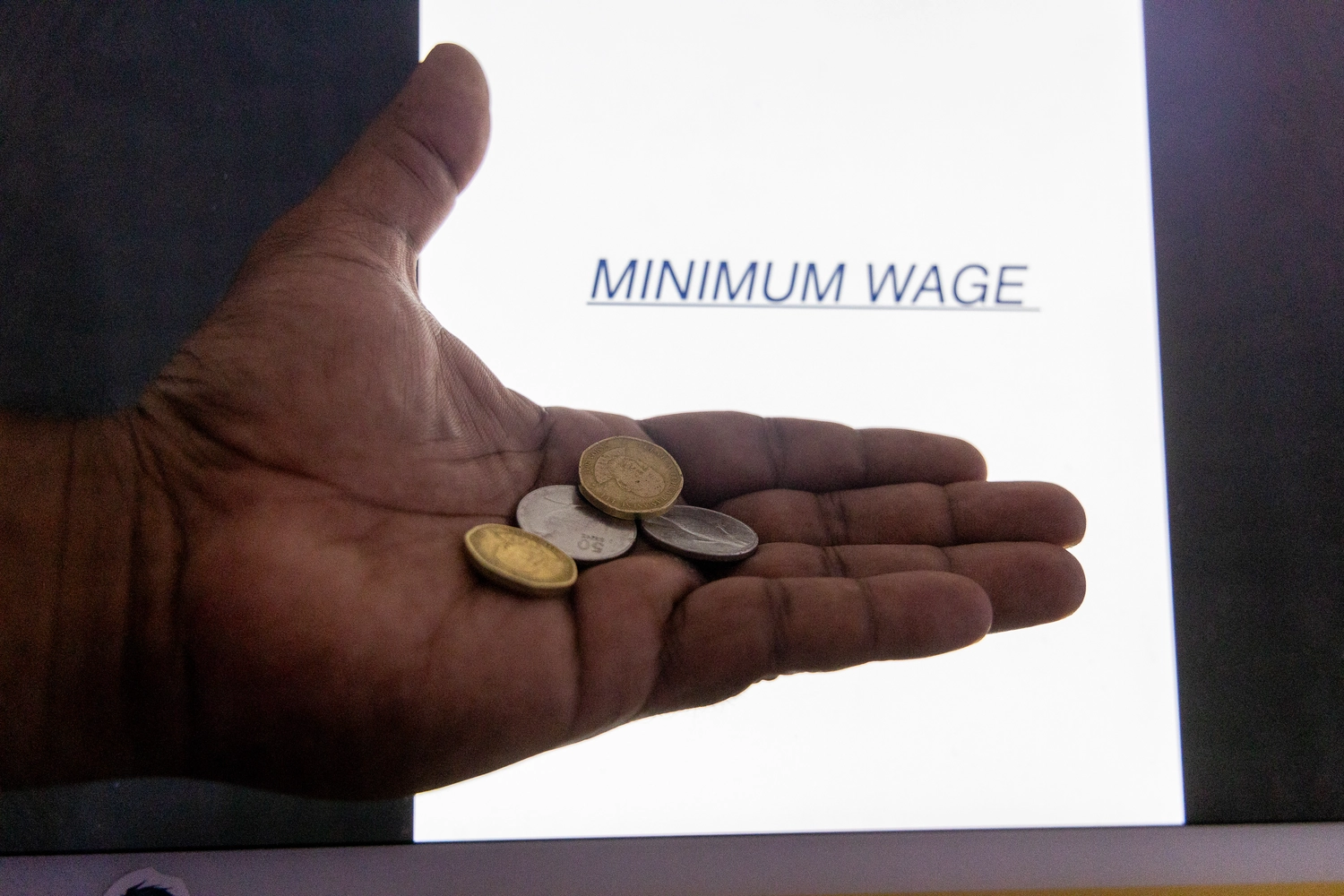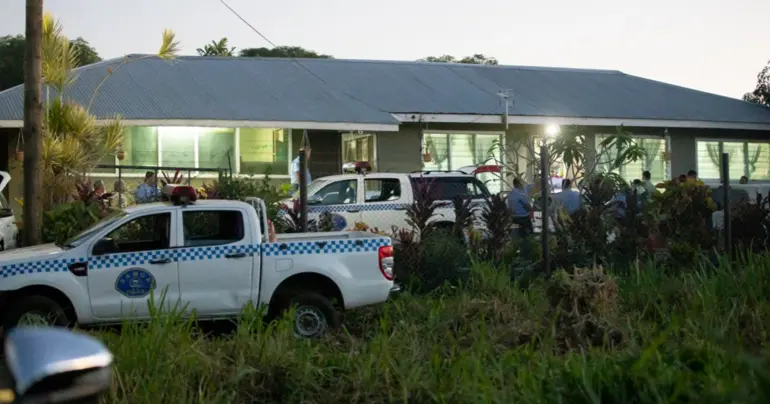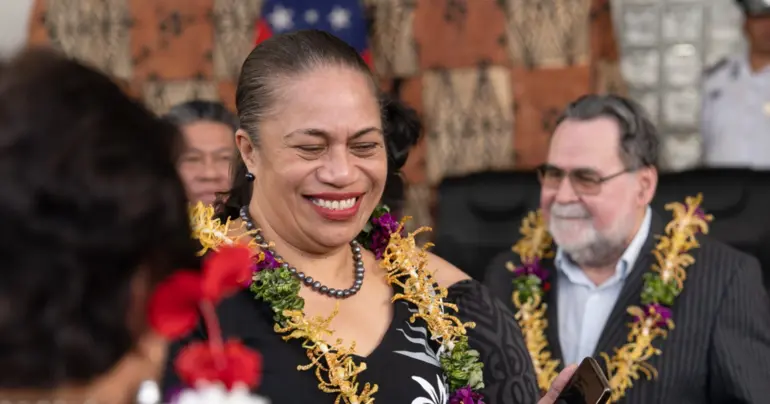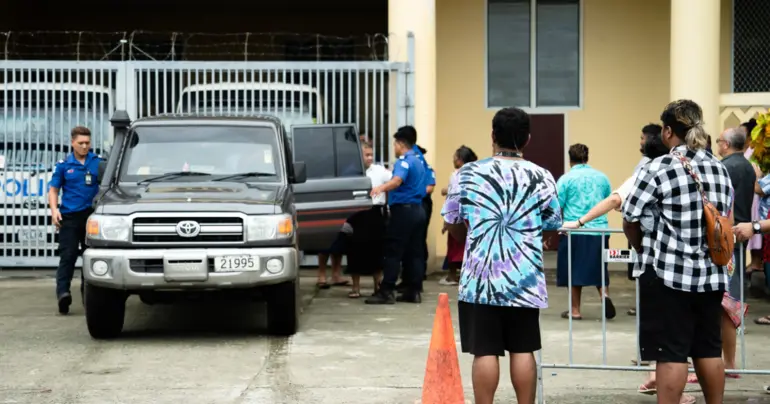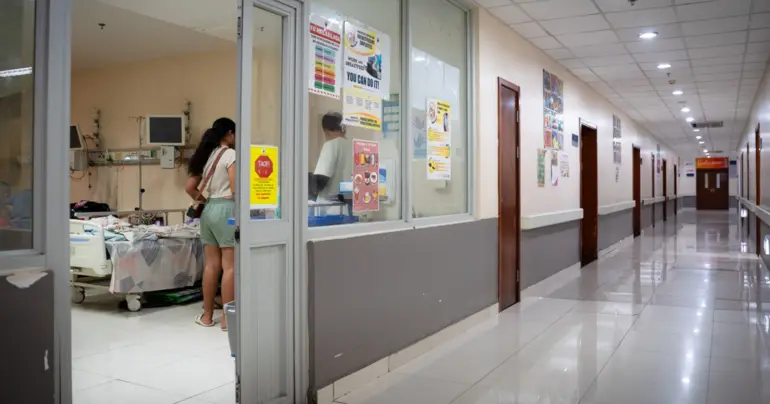Effective minimum wage reduces poverty, Samoa advised
Samoa has been advised that effective minimum wage systems are critical to reducing working poverty, promoting social justice and building economic resilience.
This is according to a new report by the International Labour Organisation (ILO), produced in collaboration with the Massey Business School.
Samoa's current minimum wage rate is $4.84 per hour, which came into effect from 1 July 2025. The wage rate increased from $3 per hour to $4 per hour from 1 July 2024.
The report, titled “Minimum Wage Systems and Wage-Setting Practices in the Pacific Island Countries,” provides a comprehensive review of minimum wage systems and wage-setting practices across the Pacific Island Countries.
It finds that while most Pacific nations, including Samoa, have established legal provisions for minimum wages, the systems’ effectiveness is often constrained by limited enforcement capacity, weak social dialogue and insufficient data to support evidence-based decision-making.
The findings reflect a diversity of contexts, from relatively structured wage systems in Fiji and Samoa to emerging frameworks in Tuvalu and Vanuatu.
“This publication represents both a diagnostic tool and a roadmap for reform, one that is firmly anchored in international labour standards and adapted to national circumstances,” said Martin Wandera, Director of the ILO Office for Pacific Island Countries.
“In the Pacific, where informality is widespread and vulnerability to climate and economic shocks remains high, strengthening wage-setting systems is not just about fairness, it’s about resilience and inclusive growth.”
The report calls for countries to develop comprehensive national wage policies linked to broader employment and social protection goals, while investing in the institutional capacity of labour ministries, wage boards and statistical systems.
“Many Pacific countries have taken important steps to improve minimum wage systems, but limited enforcement capacity, data gaps and weak social dialogue continue to undermine their effectiveness. Addressing these issues is essential if wages are to keep pace with living costs, vulnerable workers are protected, and employers have a fair and predictable business environment,” said Professor James Arrowsmith from Massey Business School.
The report urges governments to adopt regular and transparent review cycles based on reliable data and social dialogue, ensuring that wage levels remain adequate and sustainable in the face of rising living costs and inflation.
Minimum wage coverage should be progressively extended to reach informal workers where feasible, with an emphasis on women who are disproportionately represented in low-paid, informal work in sectors such as agriculture and tourism.
In addition to technical and institutional challenges, the report identifies limited collaboration between governments, employers’ organisations and trade unions as a barrier to effective wage reform. Strengthening this dialogue is seen as essential to ensure that wage policies are fair, practical and responsive to both economic and social needs.
It also emphasises that aligning national frameworks with international labour standards, particularly the Minimum Wage-Fixing Convention, 1970 (No. 131), will strengthen regional cooperation and help countries advance toward the goals of Decent Work and the Sustainable Development Agenda.




